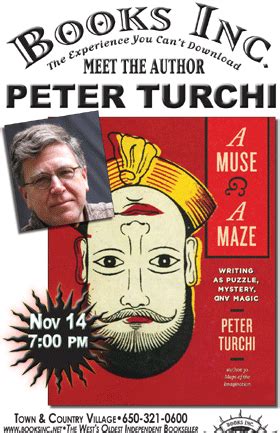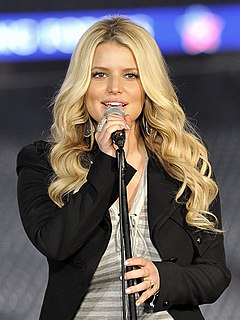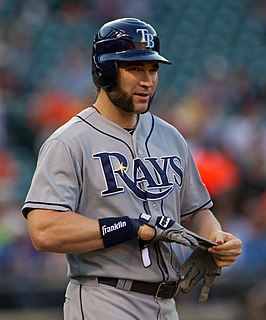A Quote by Vladimir Nabokov
A masterpiece of fiction is an original world and as such is not likely to fit the world of the reader.
Related Quotes
The key of writing fiction isn't just to remove something that the reader or listener can easily imagine. It's not a matter of being coy, or withholding information. It's allowing for multiple possibilities, recognizing the complexity of human behavior, and making the world of a piece of fiction as marvelously confounding as the world we live in.
Good writing is good writing. In many ways, it’s the audience and their expectations that define a genre. A reader of literary fiction expects the writing to illuminate the human condition, some aspect of our world and our role in it. A reader of genre fiction likes that, too, as long as it doesn’t get in the way of the story.
I'm a compulsive reader of fiction. I fell in love with novels when I was a teenager. My wife Marilyn and I... our initial friendship began because we are both readers. I've gone to sleep almost every night of my life after having read in a novel for 30 or 40 minutes. I'm a great reader of fiction and much less so of non-fiction.
When I'm writing about complicated subjects, it usually involves a world. It could be the world of Scientology or the world of Al Qaeda, or the world of counter-terrorism.I look for emblematic beasts of burden - what I call "donkeys" - who can carry the reader through this world. They serve a different purpose. Donkeys are not especially interesting or likeable, but they are serviceable. They will take you into this world. The distinction I'm trying to make is: It's not about them. It's about the world.







































